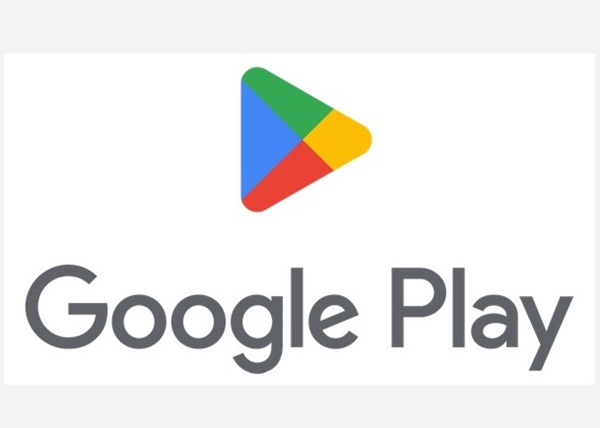BALTIMORE, MD—Maryland Attorney General Anthony G. Brown and a bipartisan group of 52 other Attorneys General have announced a $700 million agreement with Google in their lawsuit regarding Google’s anticompetitive conduct with the Google Play Store.
“Consumers are harmed when they are unable to make choices based on what is available in the marketplace,” said Attorney General Brown. “Limiting options and the distribution of third-party apps not only leads to fewer choices for consumers, but also higher prices and less innovation in the marketplace.”
Google will pay $630 million in restitution, minus costs and fees, to consumers who made purchases on the Google Play Store between August 2016 and September 2023 and were harmed by Google’s anticompetitive practices. Google will pay the states an additional $70 million in penalties, restitution, disgorgement, and fees. The agreement also requires Google to make its business practices more procompetitive in a number of important ways.
People eligible for restitution do not have to submit claims – they will receive automatic payments through PayPal or Venmo, or they can elect to receive a check or ACH transfer. More details about that process will be forthcoming.
A coalition of states, including Maryland, sued Google in 2021, alleging that Google unlawfully monopolized the market Android app distribution and in-app payment processing. Specifically, the states claimed that Google signed anticompetitive contracts to prevent other app stores from being preloaded onto Android devices, paid key developers to keep them from launching rival app stores of their own, and created technological barriers to deter consumers from directly downloading apps to their devices. The states announced a settlement in principle on September 5, 2023, and today released the finalized terms of that deal.
The settlement requires Google to reform its business practices in the following ways:
- Give all developers the ability to allow users to pay for the developers’ digital content through in-app billing systems other than Google Play Billing for at least five years;
- Allow developers to offer cheaper prices for their apps and in-app products to consumers who use alternative, non-Google billing systems for at least five years;
- Permit developers to steer consumers toward alternative, non-Google billing systems by advertising cheaper prices within their respective apps for at least five years;
- Not enter contracts that require the Play Store to the be the exclusive, pre-loaded app store on a device or home screen for at least five years;
- Allow the installation of third-party apps on Android phones from outside the Google Play Store for at least seven years;
- Revise and reduce the warnings that appear on an Android device if a user attempts to download a third-party app from outside the Google Play Store for at least five years;
- Maintain Android system support for third-party app stores, including allowing automatic updates, for four years;
- Not require developers to launch their app catalogs on the Play Store at the same time that they launch on other app stores for at least four years; and
- Submit compliance reports to an independent monitor that will ensure that Google is continuing its procompetitive conduct for at least five years.
For much of this case, the Attorneys General litigated alongside Epic Games and Match, two major app developers. Match announced a separate settlement earlier this year, while Epic Games took its case to trial. That trial concluded when a jury unanimously found that Google’s anticompetitive conduct had violated the federal antitrust laws early last week.
In addition to Attorney General Brown, this lawsuit was joined by the Attorneys General of all states, the District of Columbia, and the territories of Puerto Rico and the Virgin Islands.


